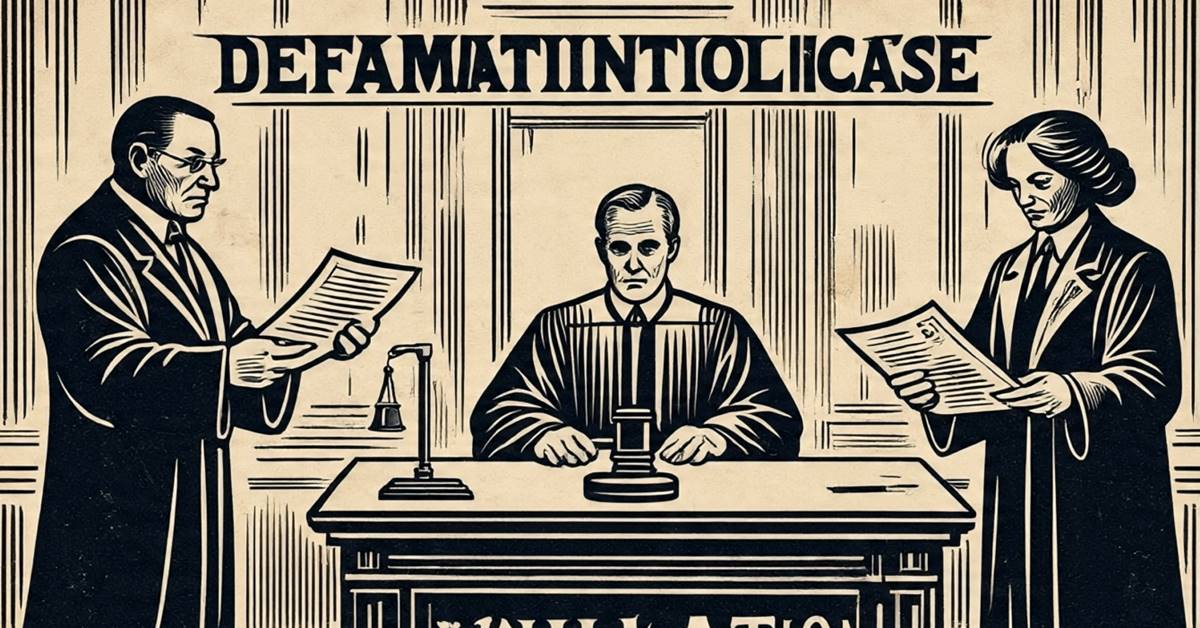Sameer Wankhede, former zonal director of the Narcotics Control Bureau (NCB), has filed a defamation suit in the Delhi High Court against Shah Rukh Khan’s Red Chillies Entertainment, Netflix, and others over the recently released series The Bads of Bollywood. He alleges the show defames him, maligns his reputation, and even insults the national motto by depicting a character saying Satyamev Jayate before making an obscene gesture.
The officer has demanded ₹2 crore in damages and sought an injunction to restrain streaming of the series. While the move may have made headlines, the case raises critical questions: Is this really defamation, or an attempt to stifle creative freedom?
Public Figures and Higher Scrutiny
When an officer voluntarily becomes the face of high-profile cases, especially the 2021 Aryan Khan cruise-drug case, they step into the zone of public scrutiny. Sameer Wankhede is not an ordinary individual but a public figure. Courts around the world have consistently held that public figures must tolerate greater levels of criticism, satire, and commentary.
Defamation laws cannot be stretched to shield public servants from every uncomfortable portrayal. If that were allowed, half of India’s films, web series, and stand-up shows would end up in court.
Creative Freedom and Fictionalized Characters
The web series in question is a dramatized work of art, not a documentary. It uses parody, satire, and symbolic references. The fact that some viewers interpret a character as being inspired by Wankhede does not make it direct defamation.
Artistic freedom allows creators to use real-life events as inspiration while exaggerating or fictionalizing for impact. Viewers are capable of distinguishing between fact and satire. Suing over such portrayals risks creating a culture of censorship where no creator feels safe tackling controversial subjects.
The Question of Reputation
Wankhede’s claim of reputational harm must also be examined in light of his own controversies. He has already faced investigations, including a CBI case alleging extortion linked to the Aryan Khan matter. These issues are part of the public record and have shaped perceptions long before the release of The Bads of Bollywood.
In defamation law, reputation is judged by the ordinary person’s perspective. If a reputation is already tarnished by prior allegations, blaming a fictionalized series for further damage may be legally weak.
Misuse of the National Honour Argument
Perhaps the most unusual part of Wankhede’s case is his reliance on the Prevention of Insults to National Honour Act, 1971. He argues that the series insults the nation because a character utters Satyamev Jayate before showing the middle finger.
But courts have drawn a clear line between genuine insults to national emblems and symbolic or satirical usage in art. This law was designed to protect the national flag, constitution, and anthem from desecration, not to shield officials from satire. Stretching it to cover fictional content risks misuse and sets a precedent where comedians, writers, and filmmakers could be criminally prosecuted for creative expression.
Power versus Free Expression
At its core, this case is not about reputation—it is about power. Wankhede is attempting to use legal machinery to silence satire and criticism. This is dangerous in a democracy that values freedom of speech and expression.
Public institutions and their officials must remain open to scrutiny. Attempts to muzzle criticism only erode trust further. Instead of proving critics wrong through transparency and accountability, such lawsuits create the impression of intolerance.
Social Media Reactions
Public sentiment has been sharp, with many mocking the lawsuit and questioning Wankhede’s sensitivity:
- “Sameer Wankhede suing Netflix is ironic. First he tried to play hero in Aryan Khan’s case, now he wants to police satire too.”
- “The cameo in The Bads of Bollywood was clearly satire. If you cannot handle a joke, you should not be a public figure.”
- “Calling a Netflix scene an insult to national honour shows how far some will go to protect their image.”
- “This lawsuit has given the show free publicity. Wankhede is inadvertently boosting the very series he wants to suppress.”
These responses underline a key reality: audiences perceive the show as satire and parody, not defamation. By suing, Wankhede has amplified attention on the very scenes he finds objectionable.
Table: Key Issues in Wankhede’s Defamation Suit
| Issue Raised by Wankhede | Counterpoint |
|---|---|
| Defamation of reputation | Public figure doctrine applies; prior controversies already shaped reputation |
| Insult to national honour | The law applies to flag, anthem, and emblems, not fictional satire |
| Malicious intent | Show is a dramatization, not a factual documentary |
| Damages claim of ₹2 crore | Must prove actual malice and measurable harm, which is unlikely |
Conclusion
Sameer Wankhede’s lawsuit appears legally weak and strategically flawed. As a public figure, he must expect critique, satire, and even parody. His reliance on national honour laws is misplaced, and his defamation claim faces high legal hurdles. More importantly, the case risks chilling creative freedom in India.
Instead of trying to silence creators, Wankhede should address the legitimate questions raised about his conduct. Artistic expression should not be muzzled simply because it makes a powerful individual uncomfortable. In fact, such attempts only highlight the importance of protecting freedom of expression in a democratic society.
Disclaimer
This article is an independent analysis intended for informational purposes only. It does not constitute legal advice. The views expressed are based on publicly available information and are not meant to defame or malign any individual or institution. Readers are encouraged to form their own opinions based on facts and judicial outcomes.

